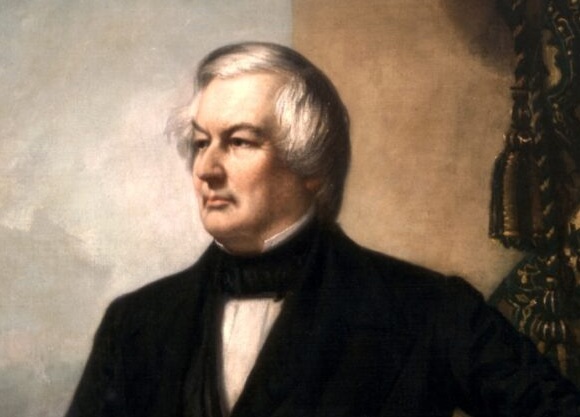A government shutdown happens when the U.S. Congress fails to pass funding legislation for federal agencies, or the President does not sign it into law. Without this funding, many parts of the government are forced to close or significantly scale back operations until a budget agreement is reached. While essential services continue, the effects of a shutdown can ripple across the country, impacting federal employees, government programs, and even the broader economy.
During a shutdown, essential government functions such as national security, law enforcement, and air traffic control continue to operate. The military, Border Patrol, and Transportation Security Administration (TSA) remain on duty, though many of these employees work without pay until funding is restored. Other services considered nonessential (like certain national parks, museums, research programs, and administrative offices) may close their doors or reduce hours.
For federal employees, a shutdown often means furloughs. Hundreds of thousands of government workers may be sent home, while others are required to report to work without pay, with back wages reimbursed only after the shutdown ends. This creates financial stress for families relying on steady government paychecks.
Americans who depend on government services may also feel the impact. Processing of passports, visas, and certain permits can slow or halt. Some benefit programs, like Social Security and Medicare, continue operating because they are funded separately, but others, such as small business loans, federal housing programs, or food assistance for low-income families, may face delays or interruptions depending on how long the shutdown lasts.
A shutdown can also affect the economy at large. Delays in government contracts, reduced consumer spending from unpaid workers, and disruptions to federal data releases can create uncertainty for businesses and investors. Extended shutdowns can cost billions of dollars, reducing overall economic growth.
A government shutdown means that political gridlock in Washington directly interrupts the daily functioning of the federal government. While critical services continue, the consequences are felt by federal employees, everyday citizens, and the economy as a whole. The longer a shutdown lasts, the more disruptive its effects become, making it a powerful reminder of how closely national politics and daily life are connected.




